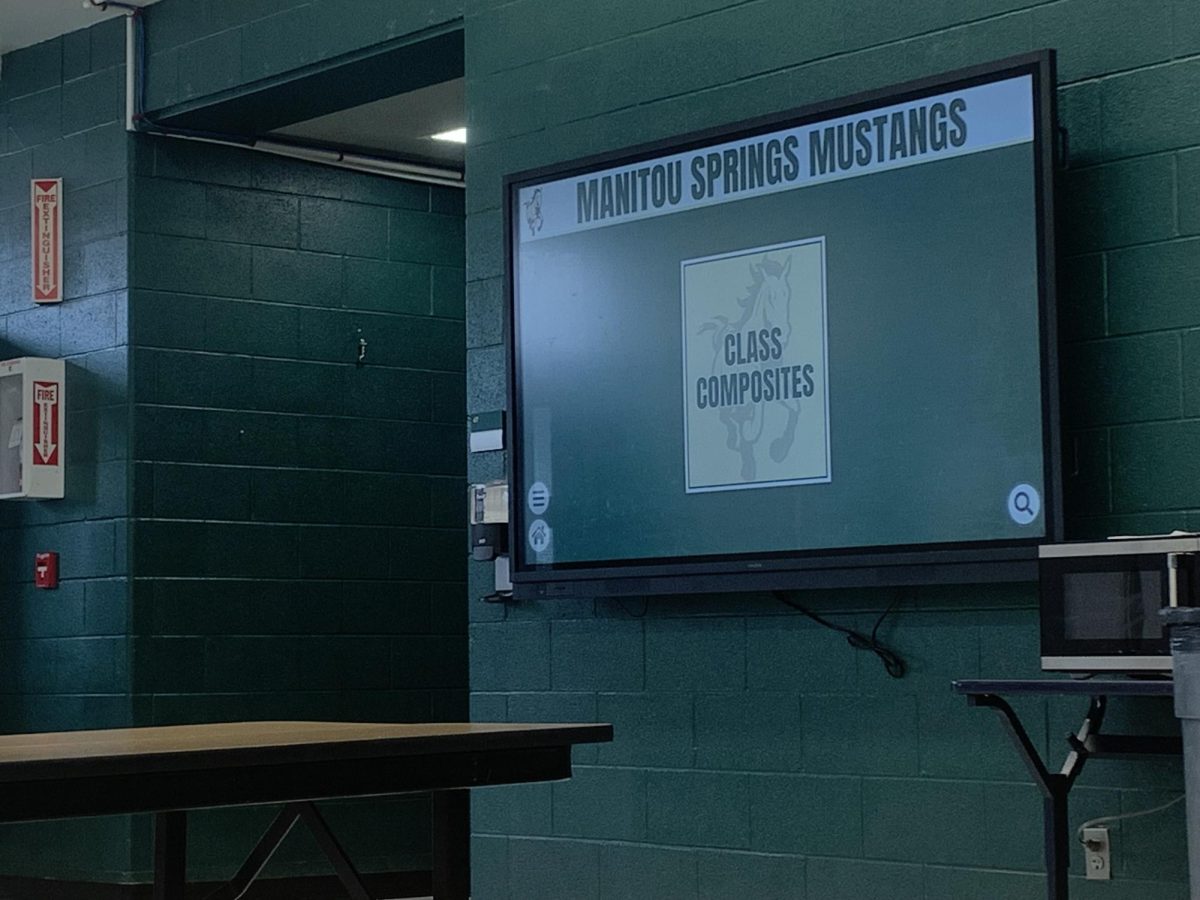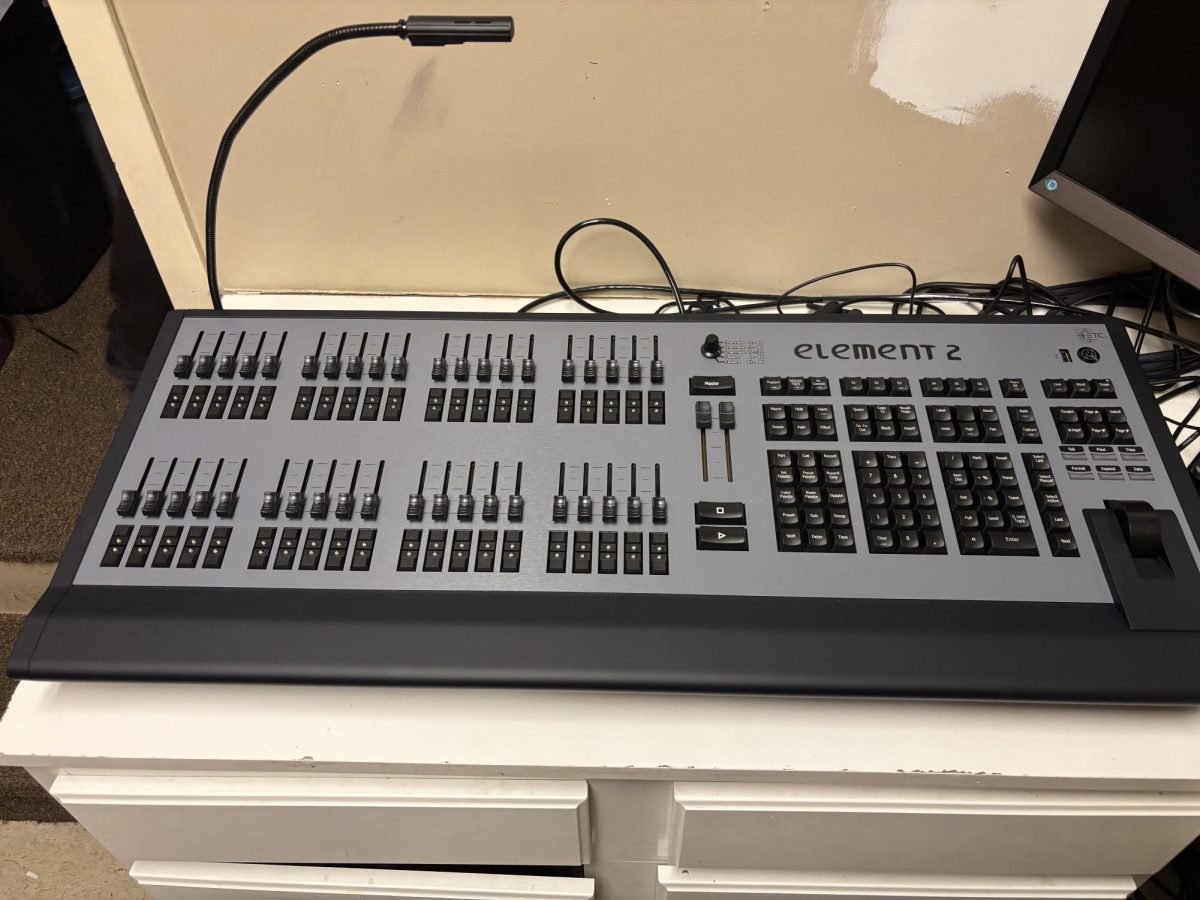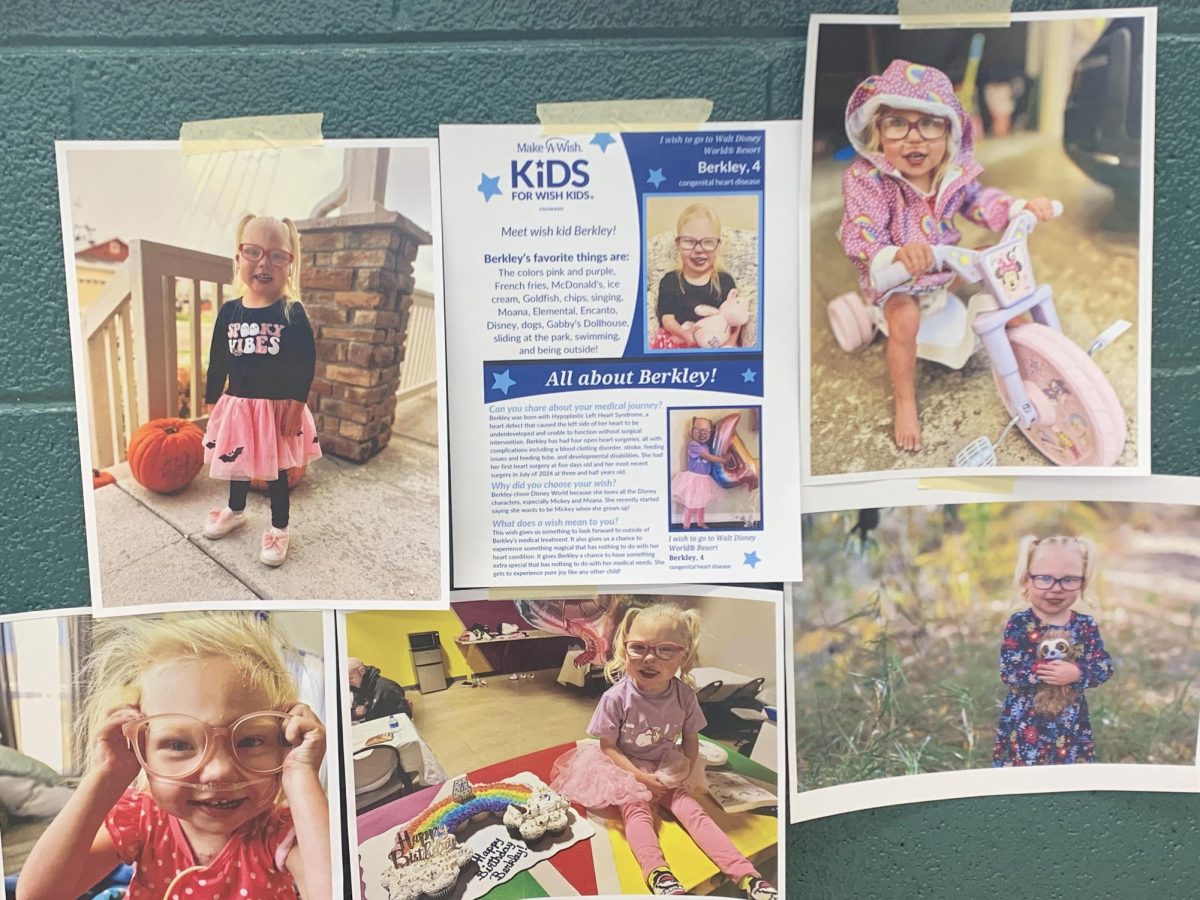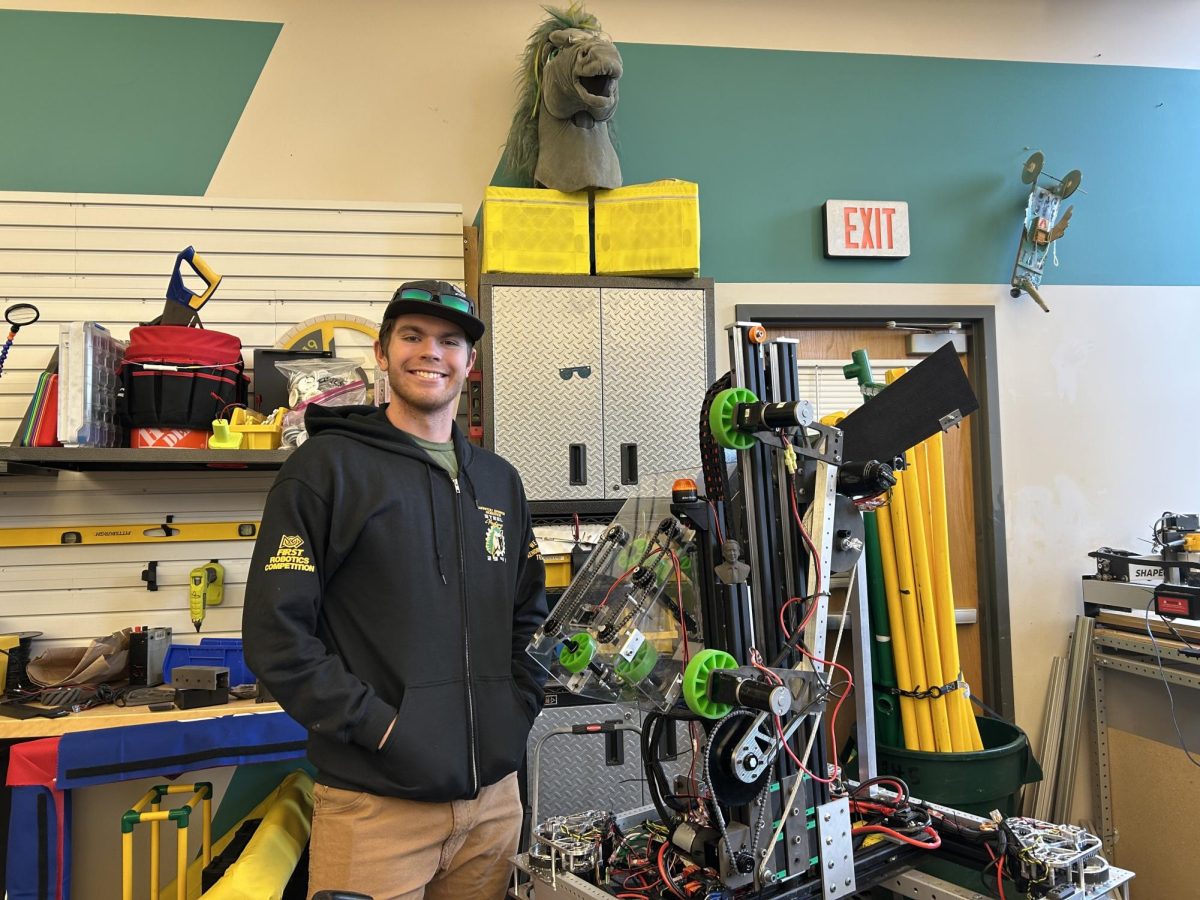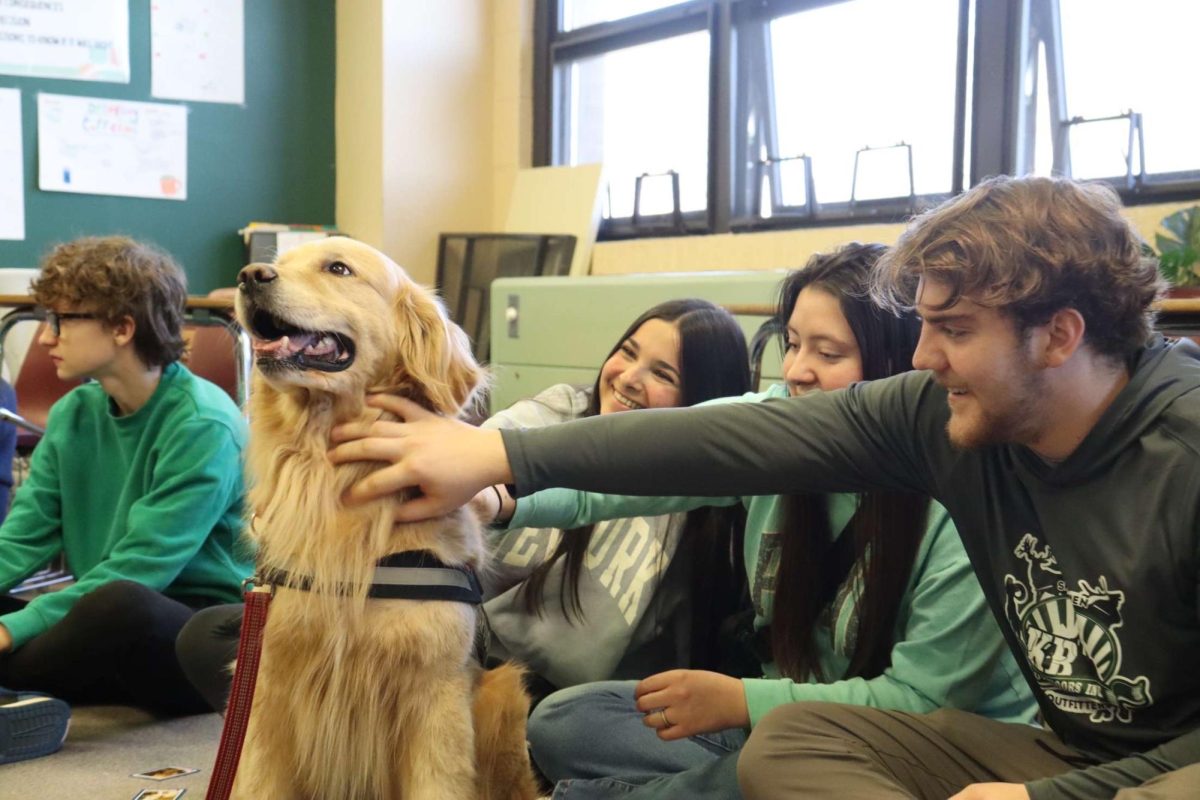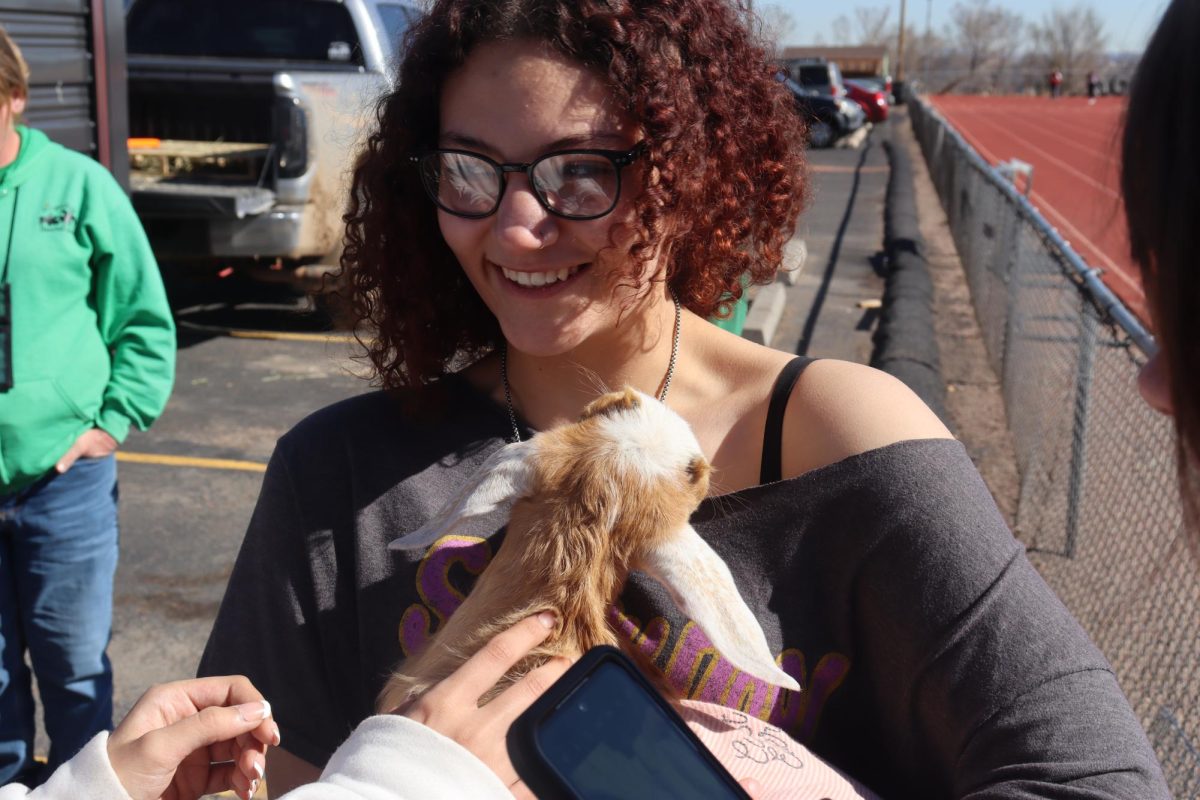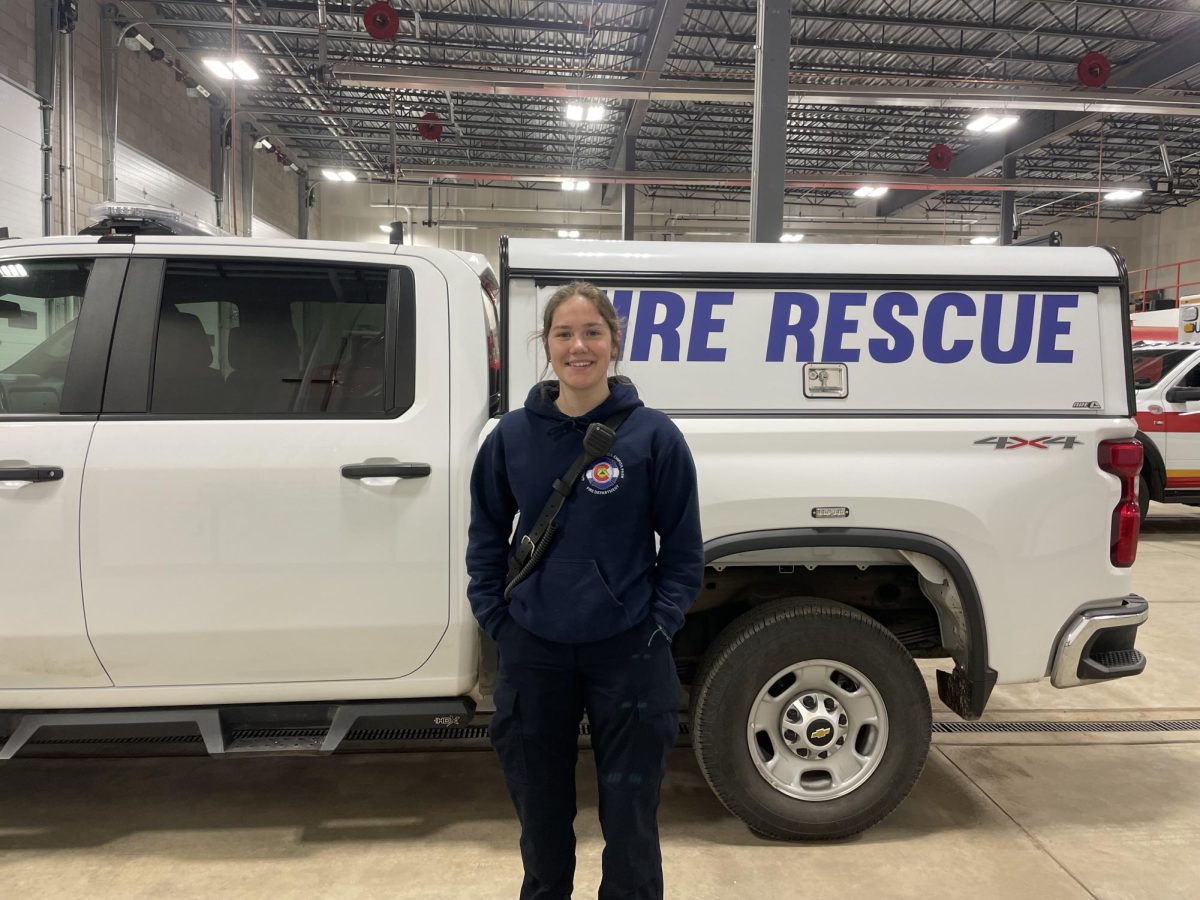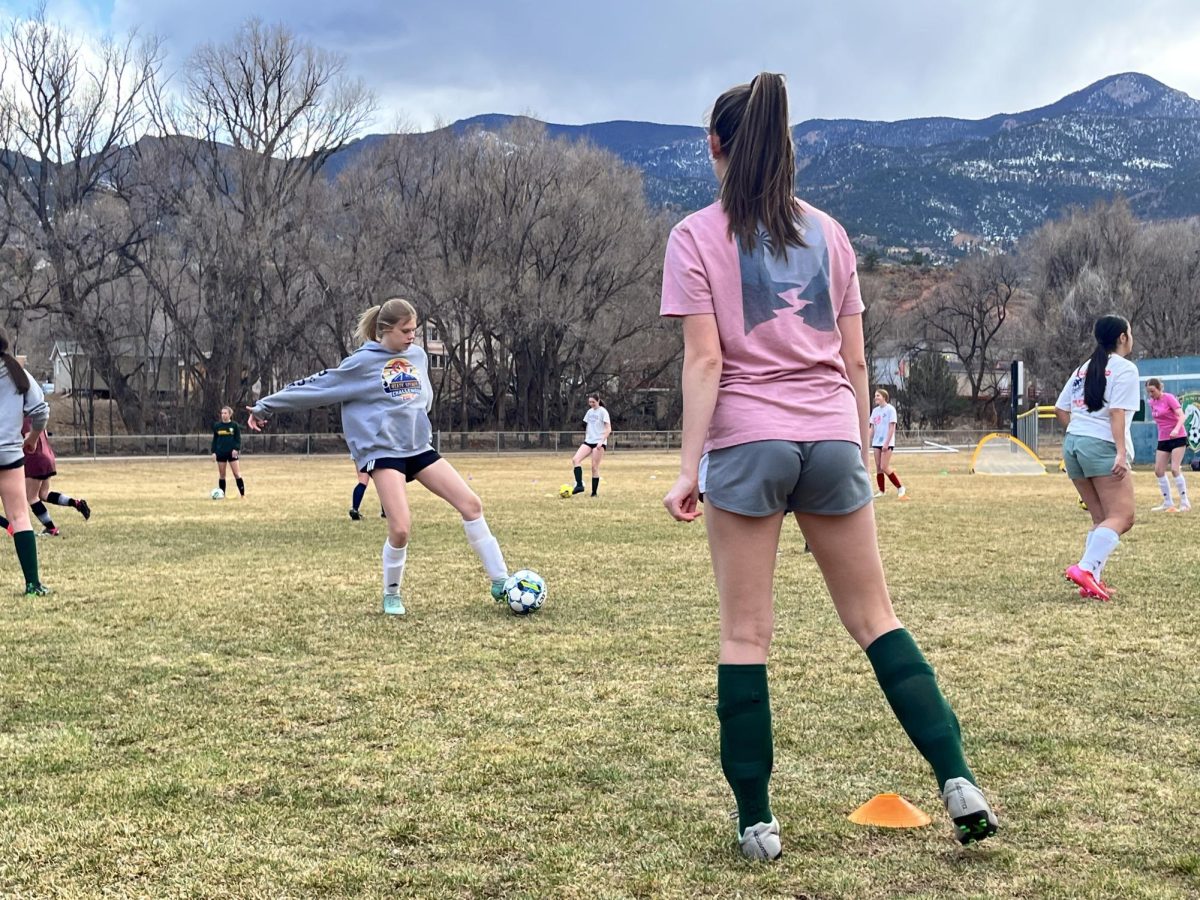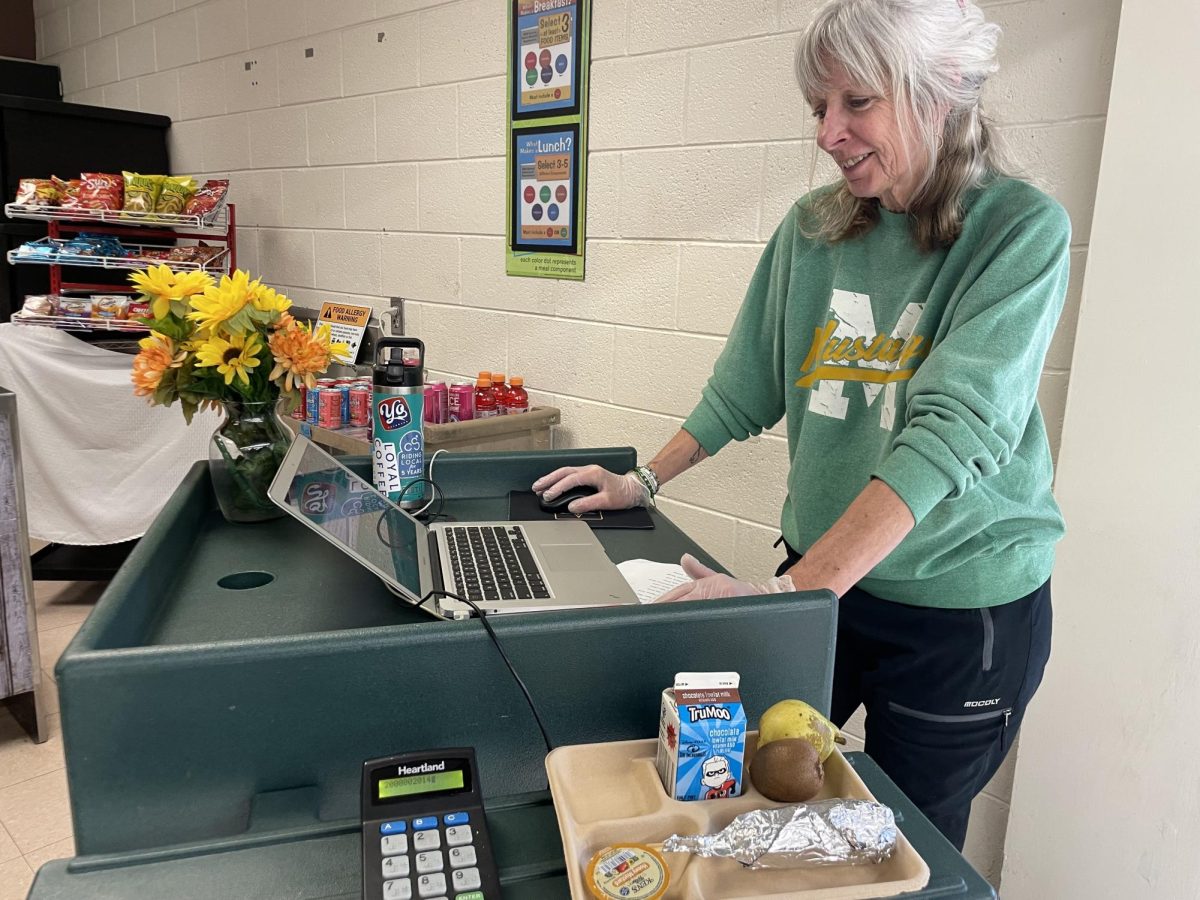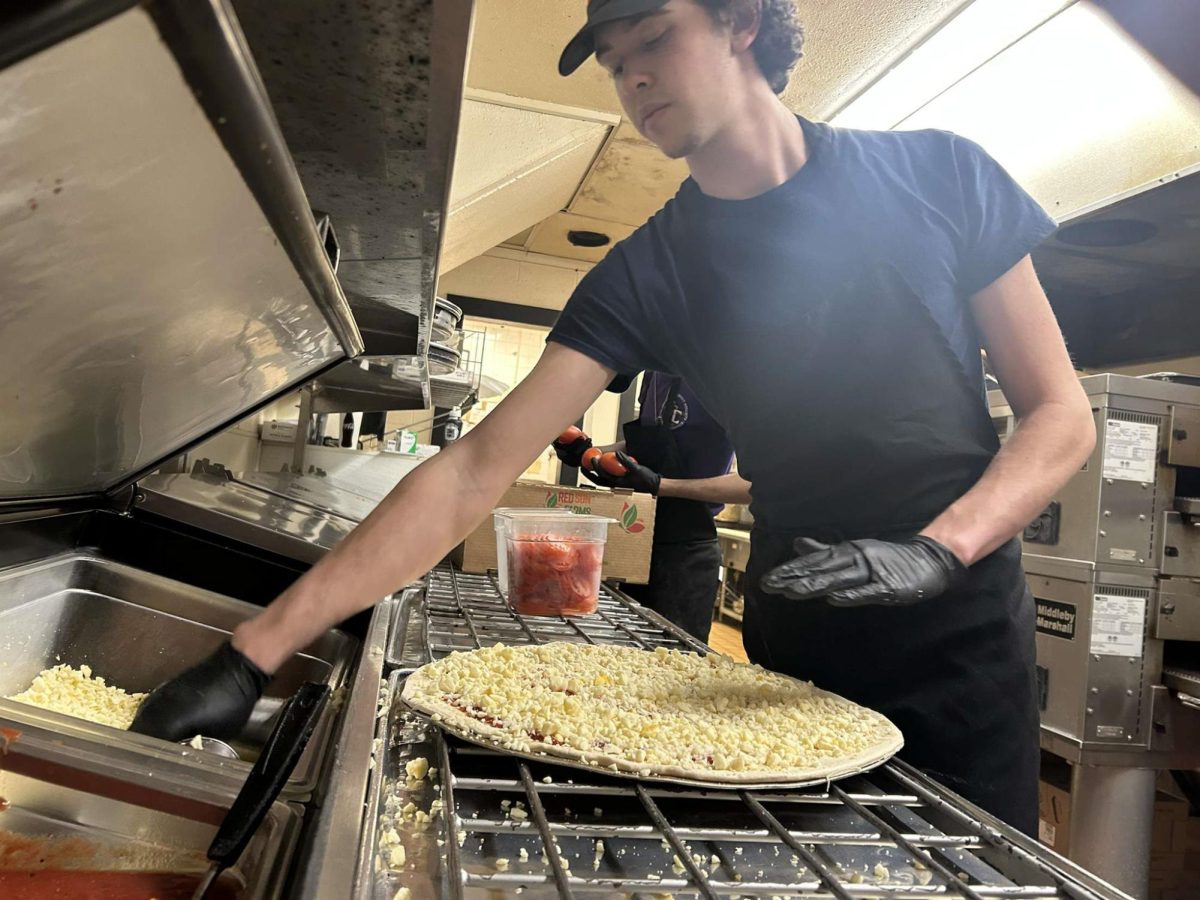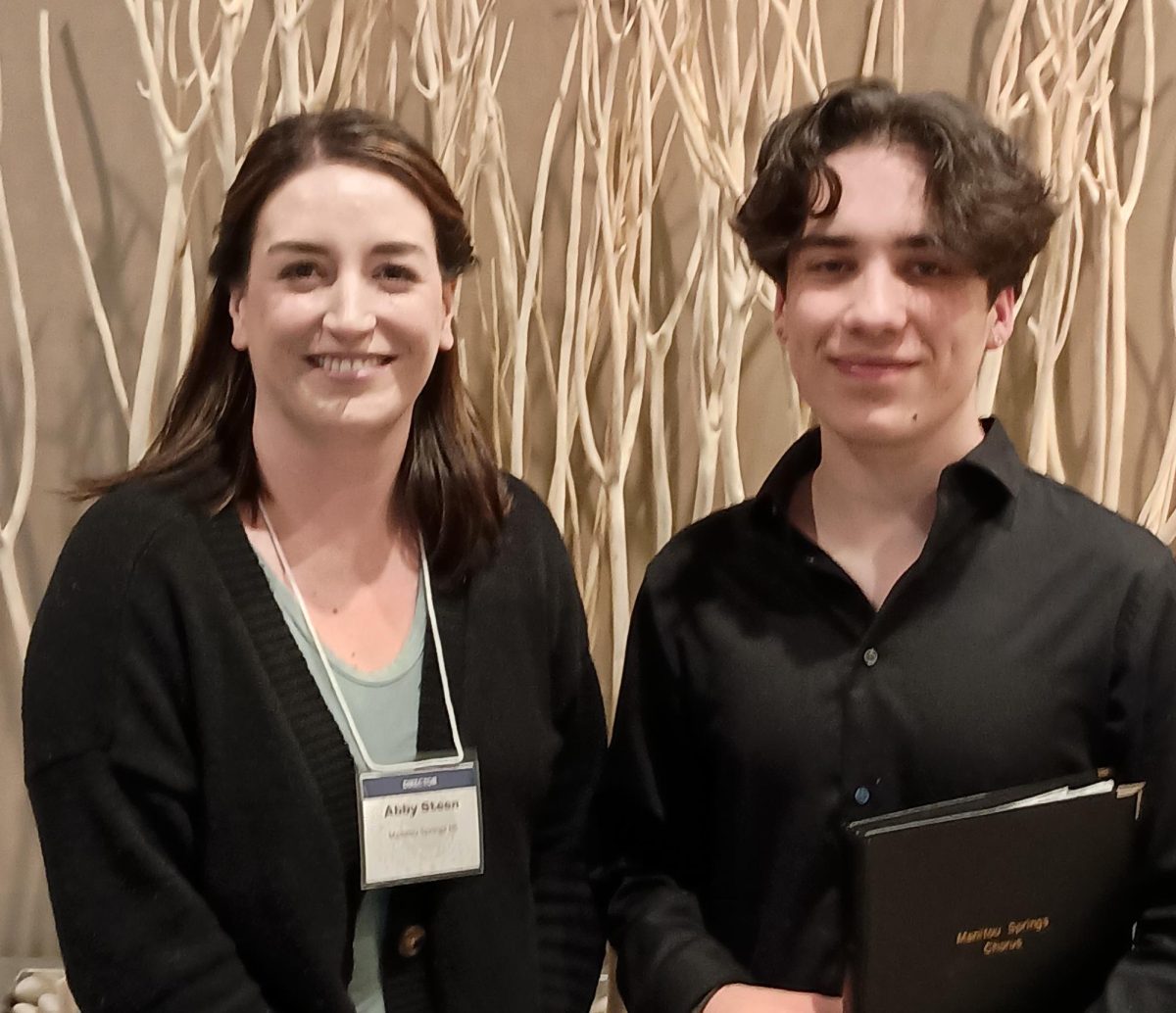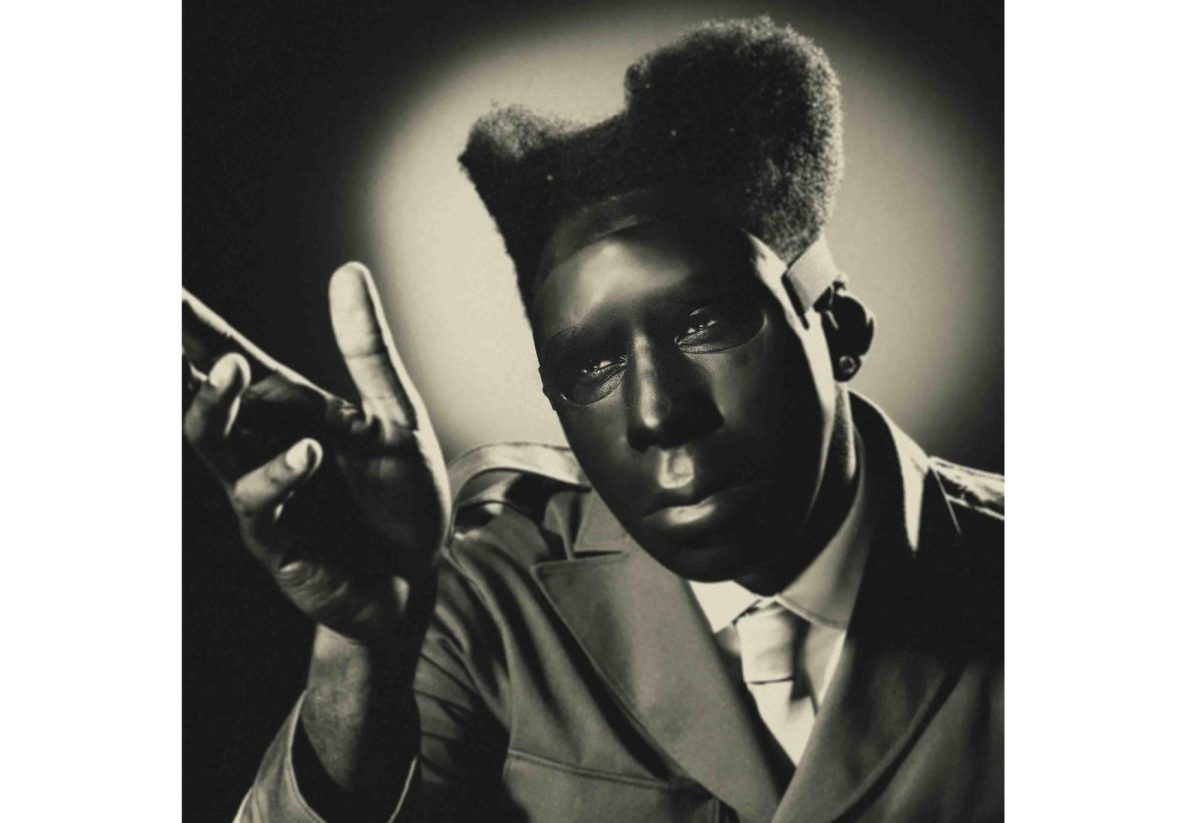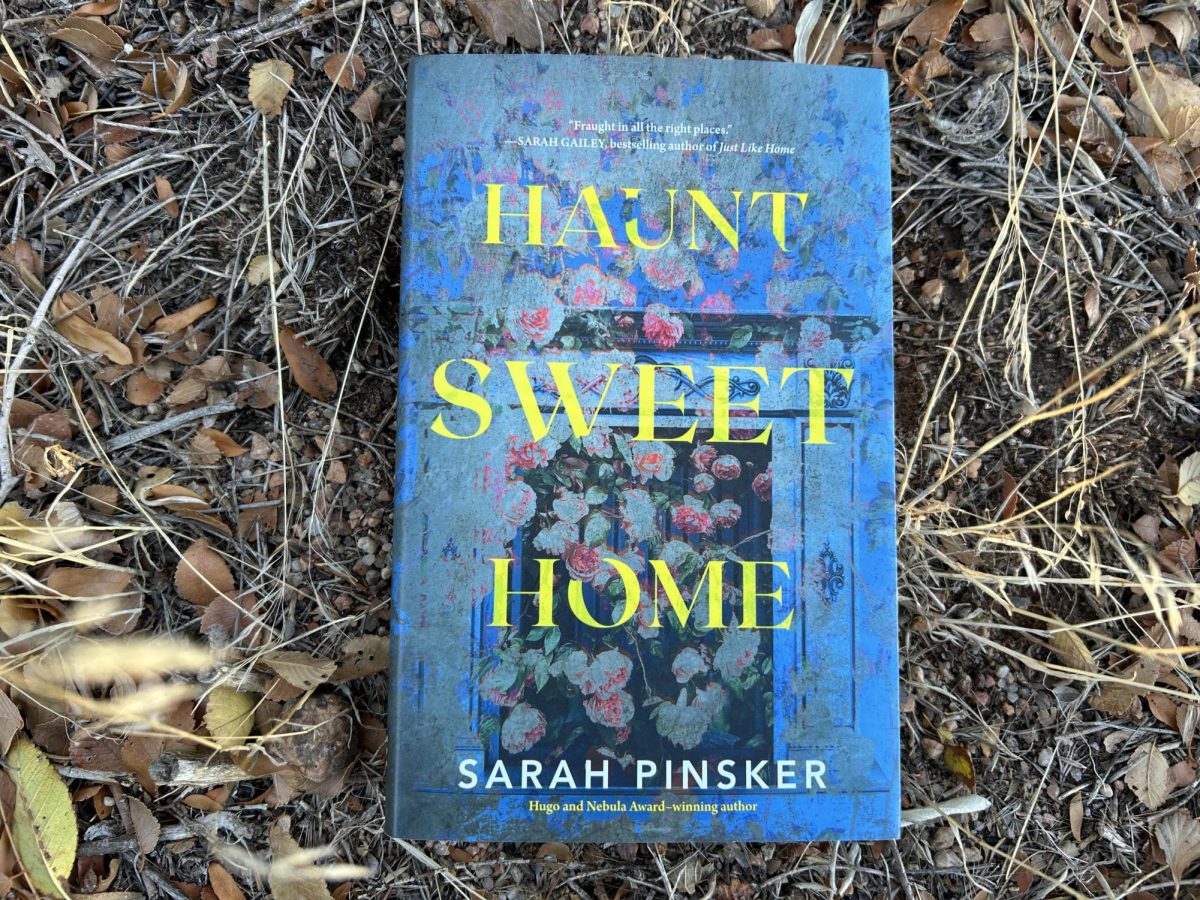Suicide Prevention and the LGBTQ+ Community
September 15, 2015
National Suicide Prevention Week is September 7 through September 13, Monday through Sunday, surrounding World Suicide Prevention Day on September 10th. This week, thousands of people will march across the U.S. to raise awareness.
The week is not only about those who have experienced the effects of suicide, but to also remember the lives lost. Suicide is the 3rd leading cause of death between 15-24 year olds, and the 11th leading cause of death in the United States.
Suicide rates among the LGBTQ+ community are much higher than those among the general population. Recent studies concluded that suicide attempts are 30% higher among LGBTQ+ teens than they are among all 16-20 year olds, and up to 4 times higher than suicide rates among the general population. Suicide rates are especially high among transgender youth in the U.S. According to the Youth Suicide Prevention Program, more than 50% of transgender youth will have attempted suicide at least once in their lives. This makes coming out an incredibly difficult decision for many LGBTQ+ teenagers across the country.
“Coming out for me was simple because my mom has always been open to the idea of LGBT community,” says Wyatt Fries (12), president of the MSHS GSTA, “but for others that don’t have such a good life, they can be kicked out, harassed, bullied, killed, or end up committing suicide. When I came out, I feared any of these things may happen to me. Thankfully with my coming out, that wasn’t the case.”
Protection from this kind of harassment/bullying is where the GSTA comes in. “Holding safe spaces for the LGBT community is something extremely important for this group in case they are kicked out, bullied, or have nowhere else to go,” says Fries. “Having a supportive space for these people helps prevent suicide from LGBT teens who don’t feel they are accepted. It’s always nice to be around people that are the same as you.”
If you are having suicidal thoughts, or are going through a crisis; please call 1800-273-8255 and you will be connected to someone in your area. If you do not feel comfortable calling, text “START” to 741-741. (877) 330-6366 is a suicide hotline intended specifically for transgender people, monitored by transgender people.

